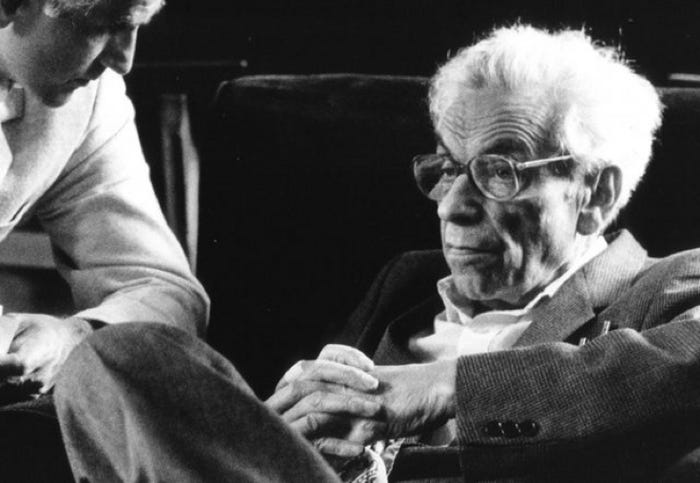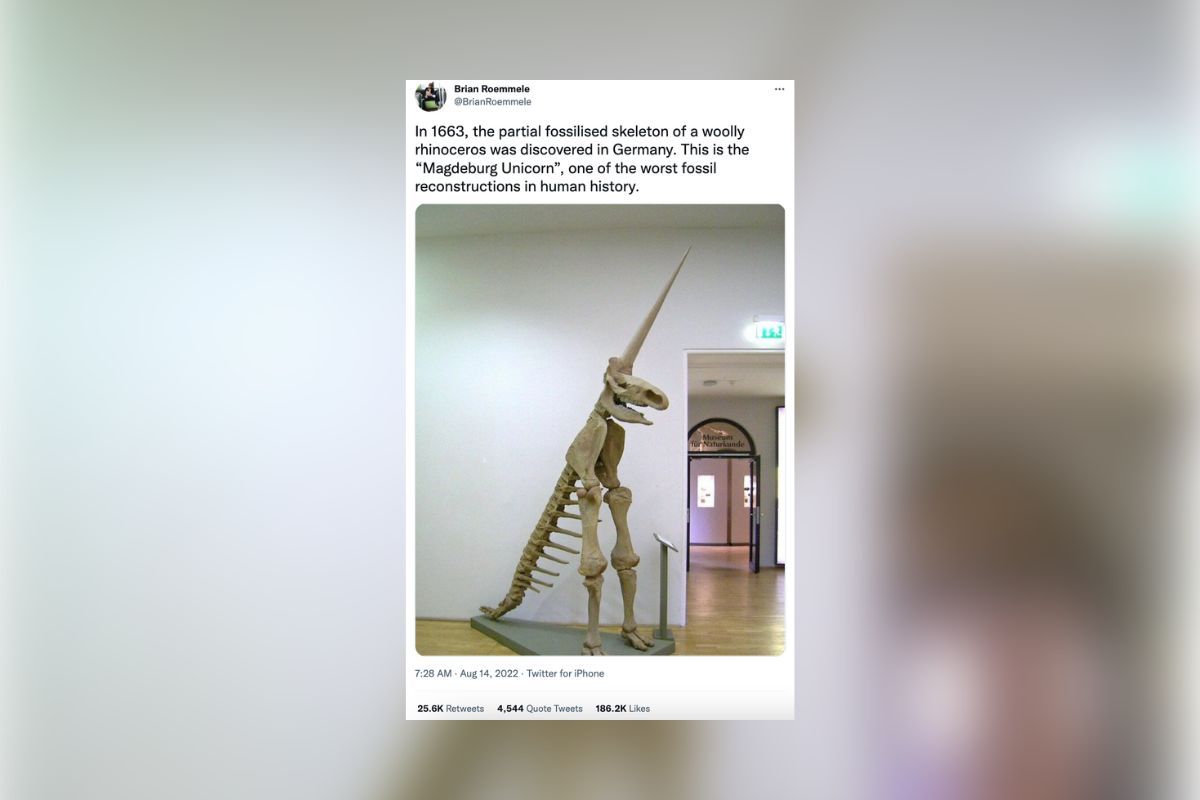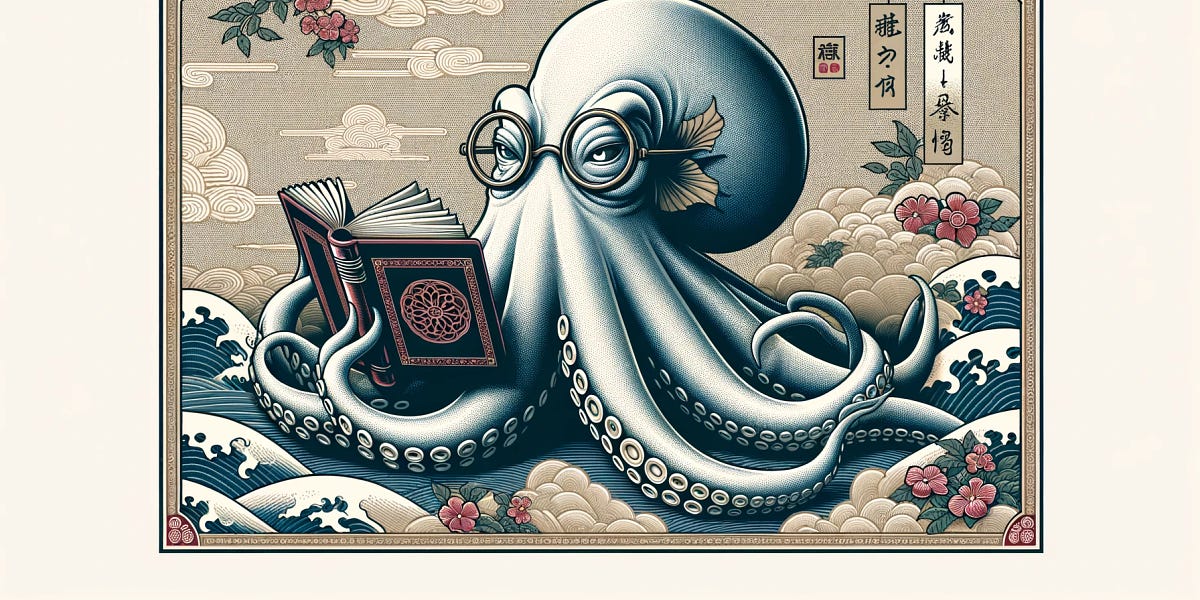
Stefan Zweig: Grand Budapest Hotel’s inspiration - BBC Culture
A few years ago the director Wes Anderson was browsing the shelves of a bookshop in his adopted home of Paris when he made a chance discovery. He took down a copy of Beware of Pity, a 1939 novel by the Austrian writer Stefan Zweig, recently re-released in English after years out of print. “I think I read the first page in the store and thought, ‘OK, this is a new favourite writer of mine,’” Anderson told Variety.
When the credits roll at the end of Anderson’s latest film, The Grand Budapest Hotel, the first one goes to Stefan Zweig, whose writings inspired it. “It’s basically plagiarism,” the director joked at a press conference before the film’s premiere at the Berlin Film Festival. But it is actually a fantasia on themes from Zweig’s life and works, a homage to the writer and his refined vision of Europe before World War II.
It’s not surprising that Wes Anderson took so long to find Zweig, who until recently was almost forgotten in the English-speaking world. At the Strand Book Store in New York City (motto: “18 miles of books!”), there are currently just eight titles in stock. But in Dussmann, Berlin’s vast ‘cultural department store’, Zweig’s many works have a shelf all to themselves. In France, they have never been out of print. Until Pushkin Press and the New York Review of Books began to re-issue new editions in recent years, Zweig was known outside continental Europe by just a small group of literary aficionados and students in university German departments.















/cdn.vox-cdn.com/uploads/chorus_asset/file/25413510/Generate_Image_Circular_Neon_Portal.jpg)



